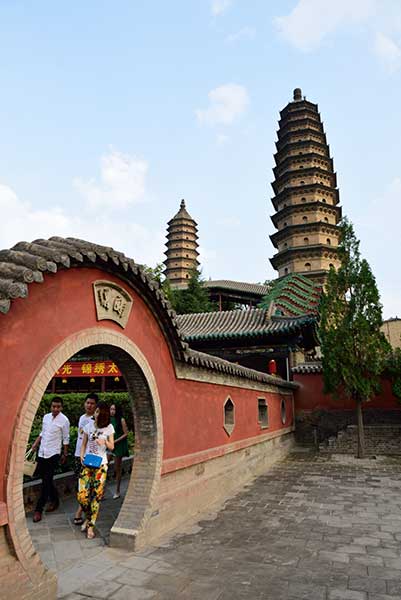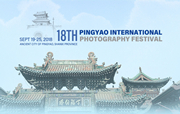News
The 'Way' to Shanxi
Updated: 2015-08-17By Marcel Schneider ( chinadaily.com.cn)
 |
|
[Photo by Aron Deepankar/For chinadaily.com.cn] |
From Beijing to Shanxi province, the train cuts its way between terraced rice fields, open grasslands and imposing rock formations. Hills and mountains that reach heights of over 3,000 meters above sea level, with rivers running across them, cover around 80 percent of the province.
As the train moves on toward the many jewels that Shanxi has to offer, I cannot help but think of traditional Chinese landscape paintings that embody the artistic merging of both inner life and replication.
Classical writing and calligraphic inscriptions have furthermore nurtured the imagination of landscape painters, in which rivers and mountains often appear as complementary pairs. Confucius, for instance, taught his disciples that "the intelligent find joy in water", whereas "the humane find joy in mountains". Mountains rise toward the sky, but streams and rivers flow in the opposite direction and stand metaphorically for the course of time.
These streams can be equaled to the Tao, one of the most elaborate Chinese philosophical concepts that has been defined and interpreted in many ways over time. It may be understood as the "way" that someone either deliberately or unconsciously follows, or, in a more figurative sense, the "way" that something takes its course.
Time and water weather the hardest rocks and turn them into stones with peculiar shapes, dents, and holes, just like this journey to Shanxi will shape my experience and personal memories over the next five days.

Pingyao Wantuo
Wantuo, a type of noodle from the Qing Dynasty (1644-1911), is one of Pingyao's local snacks with a long history.


